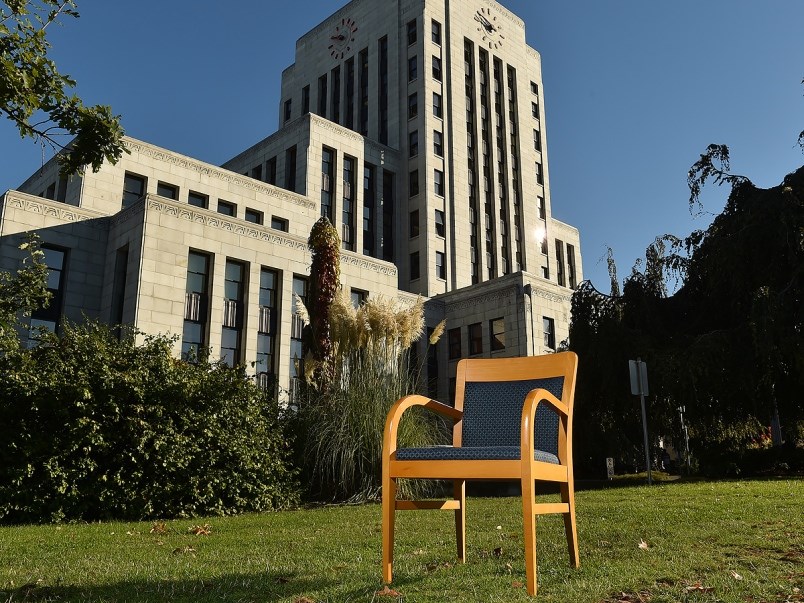It is time to go out on a limb and make a prediction about the forthcoming municipal elections happening this October: 2018 will be a year of upheaval on city councils in Metro Vancouver.
New campaign finance rules, extended terms in office and a simmering frustration of voters will drive many candidates out of politics, and will result in many new faces in council chambers across B.C.
Of all the recent legislative changes in B.C. municipal politics, the decision in 2013 to extend terms of municipal governments from three to four years appears to be having the most immediate impact.
Mayors and councillors across Metro Â鶹´«Ã½Ó³»are increasingly leaving their names off the ballot, in part because of the extended time commitment.
Maple Ridgeâs Nicole Read, Port Coquitlamâs Greg Moore (also Metro Â鶹´«Ã½Ó³»Regional District chair), Deltaâs Lois Jackson, and Vancouverâs Gregor Robertson are just some of the mayors who have announced they will not seek re-election in October.
As many as half of Metro Vancouverâs 21 mayors might not run again, and many councillors will also indicate their willingness to run for another four-year term. As I have written about previously, many local politicians exceed their âbest before dateâ after 10 years in office.
The dearth of high-profile names coming forward (so far) to seek the job of Vancouverâs mayor post-Robertson also speaks to the diminishing appeal of municipal office. While the remuneration has become marginally better, the time commitment continues to be grueling both personally and on family members.
A number of local politicians have privately dealt with significant health challenges during their time in office, reflecting the toll public life can often take.
It is also rarely discussed, but it is often difficult for individuals to re-boot a career in the private sector after several years in politics.
If you are OK with the long hours, the middling pay and the disruption to your working life, then municipal politics has more in store for you.
Consider todayâs current climate of hostility to politicians around the changes we have seen in our region â specifically, the precipitous decline in housing affordability.
While no one precisely knows why we have seen house prices far exceed the reach of average income earners in the region, there is a widely held sentiment that the inflation is as a result of criminal activity. Investigative reporting uncovering money-laundering activity with alleged links to real estate transactions supports a toxic narrative, and few politicians are left unscathed by it.
While it is too soon to say that voters want to âthrow the bums outâ in the next election, there are signs we may be headed there. The number of Â鶹´«Ã½Ó³»councillors who are not seeking re-election, for example, tells us that some of them doubt their re-election chances.
Then there is the new legislation recently enacted by the B.C. government on municipal campaign finance. It will undoubtedly have a profound effect on whom we elect.
In a I argued that the new campaign finance legislation left gaping loopholes that will permit so-called âdark moneyâ to creep into our electoral process.
There are groups on all sides of the political spectrum gearing up to influence election outcomes in the fall. You will likely hear nothing about any of them, nor will you see how much money they spent.
Public sector unions are purportedly attempting to coordinate candidates on the left to join under one mayoralty candidate. A cynic would justifiably ask whether this is meant to serve the interest of the general public, or only the unions and their membership.
Developers, who have spent millions in recent years supporting candidates, will no longer be able to donate large sums directly to individual candidates or elector organizations. Where will that money go now, and who will be their preferred candidates?
As I noted in the political pendulum often swings according to what party holds office in Victoria.
Now that the B.C. NDP is running the province, will voters respond by electing municipal candidates from the centre-right?
Sweeping changes in local government are a rare occurrence. But conditions exist now that could see a tidal wave of change coming to council chambers eight months from now.



